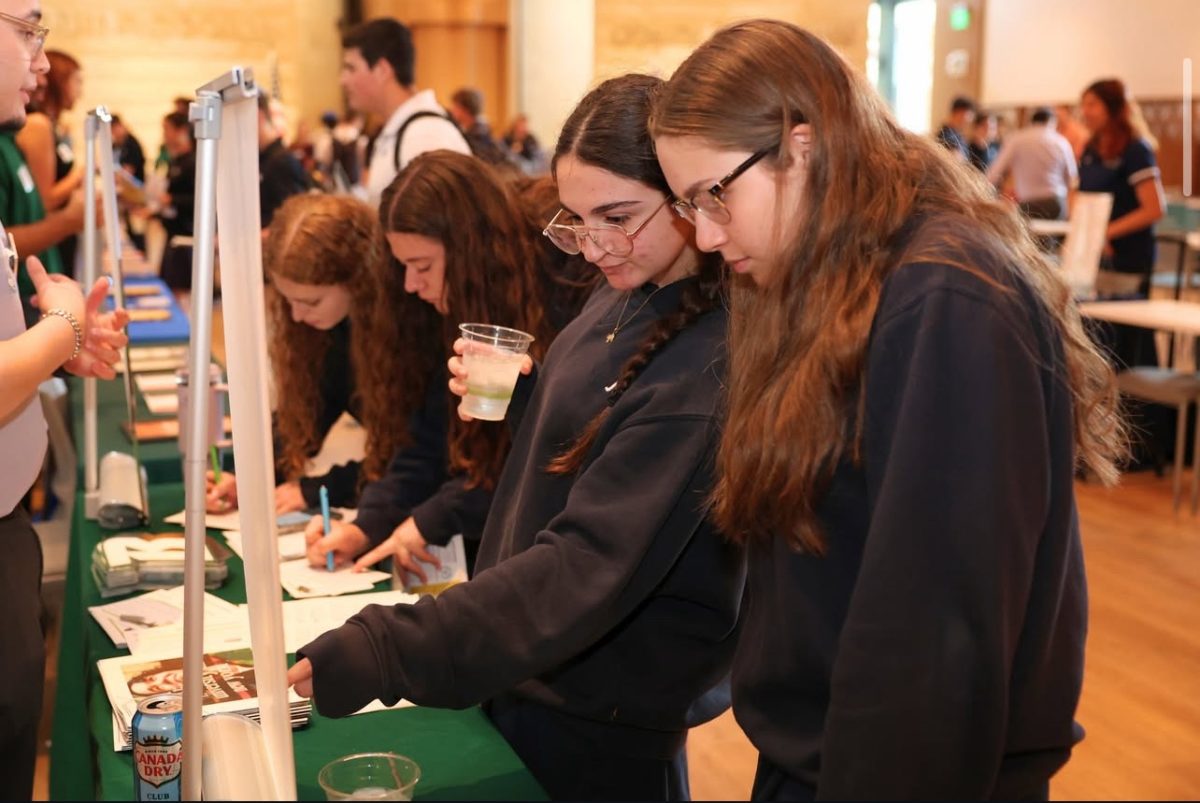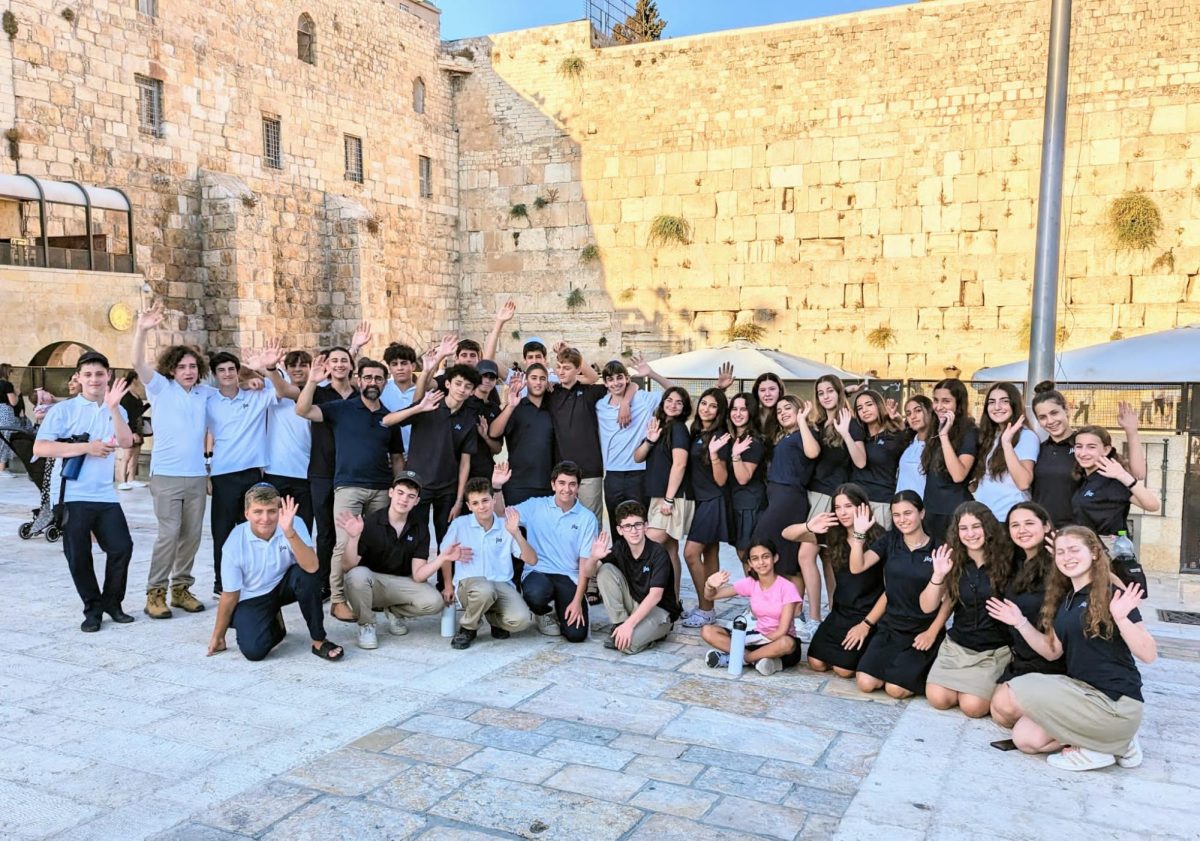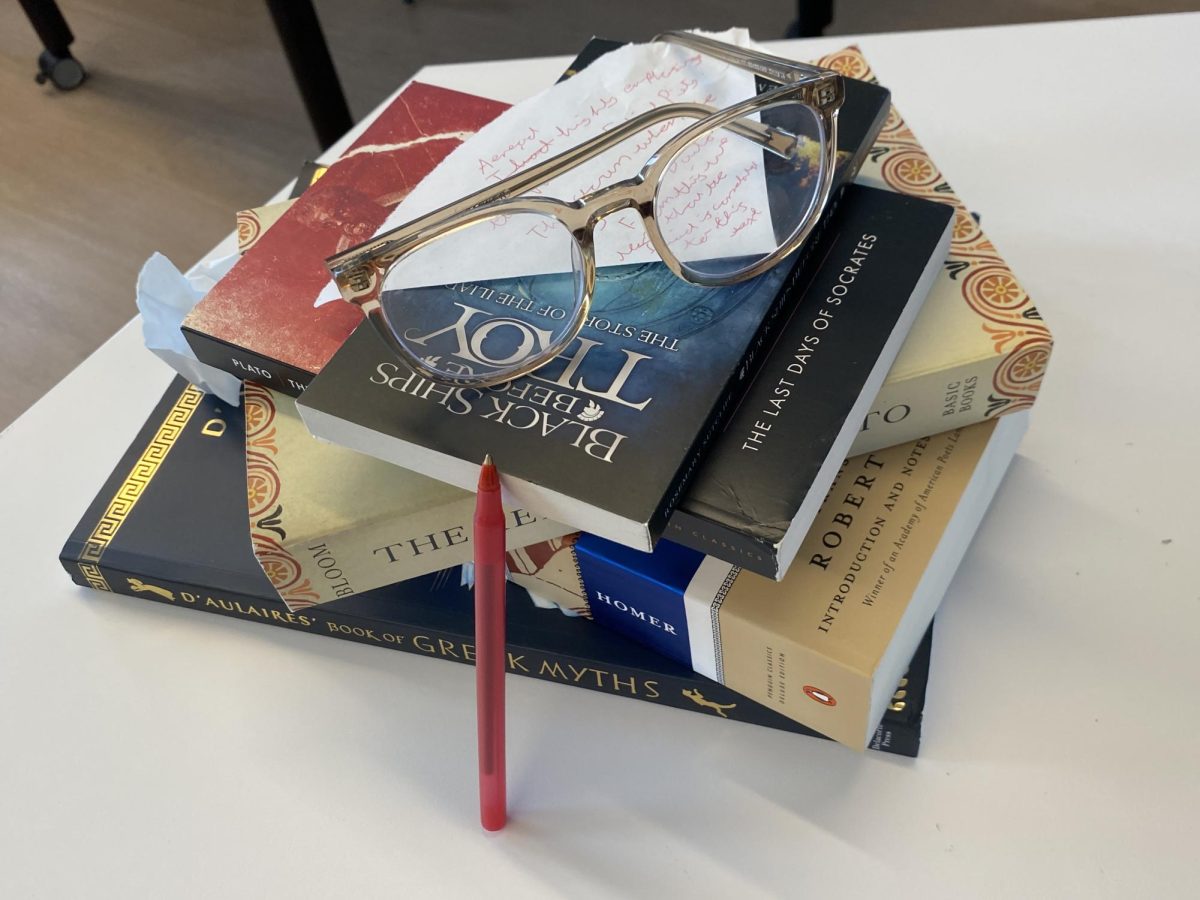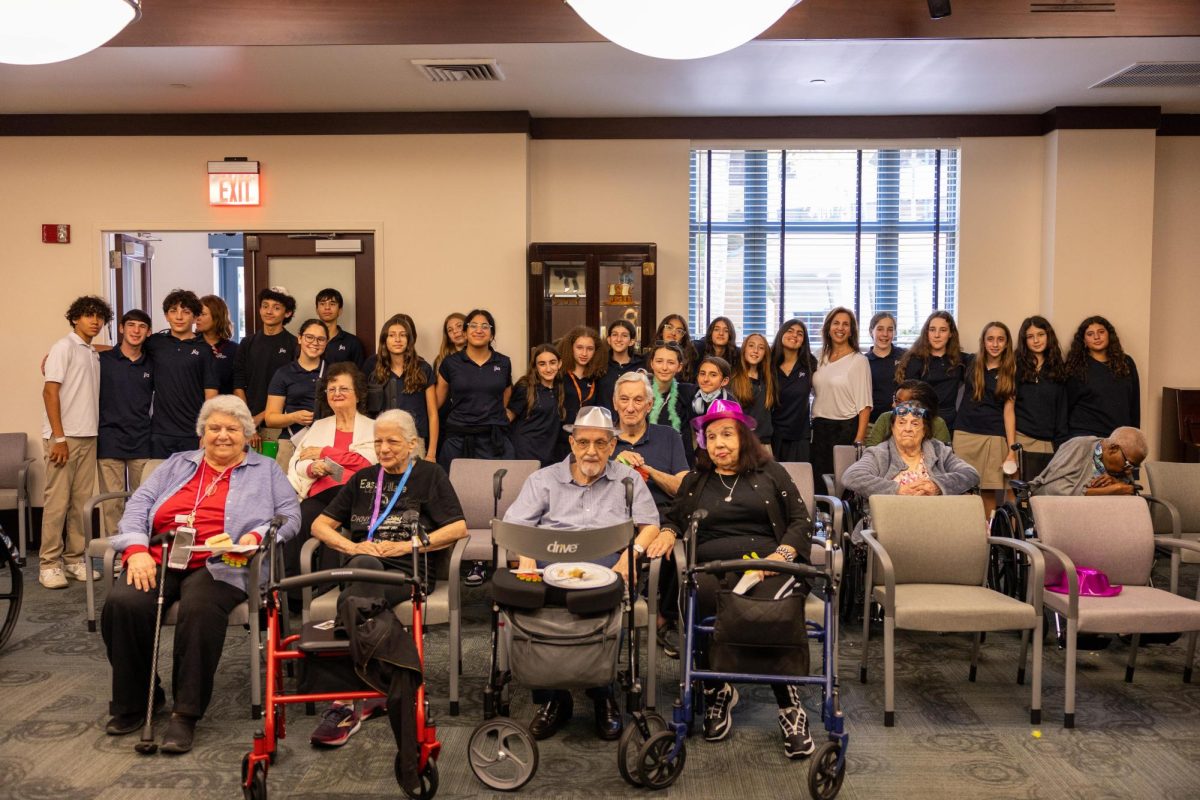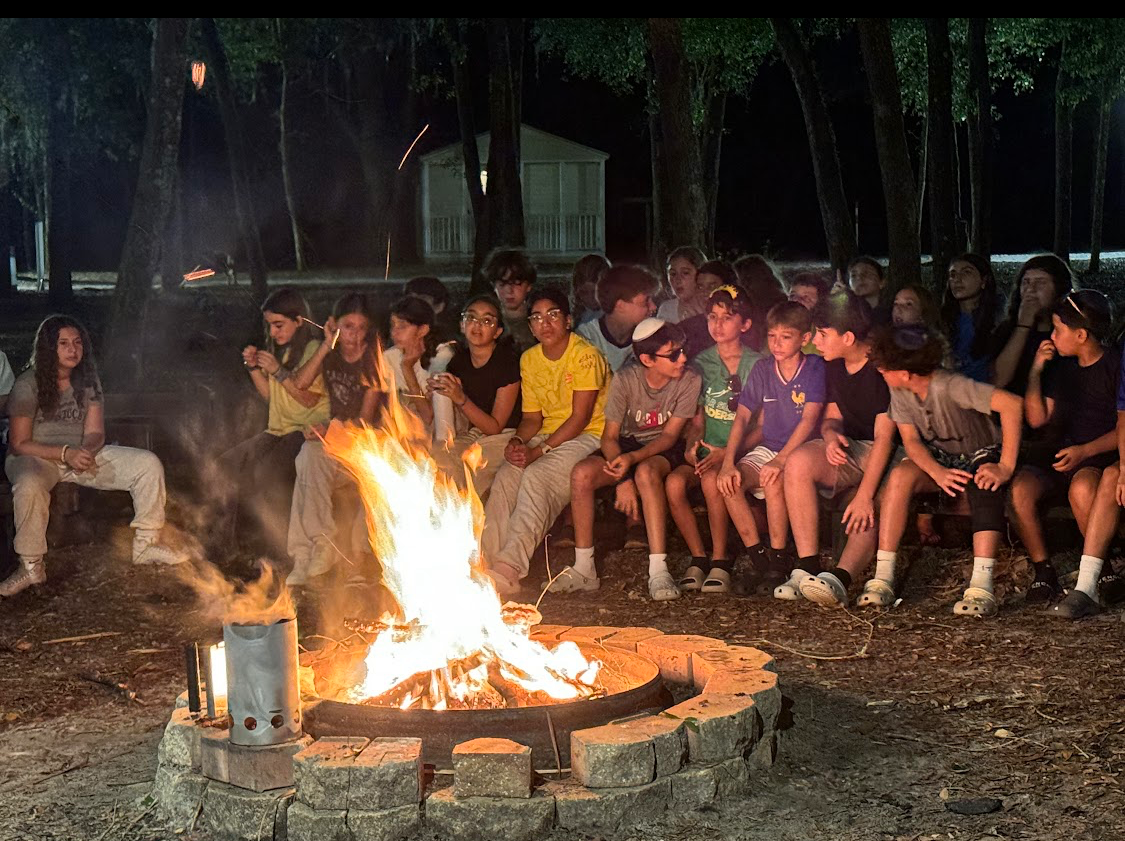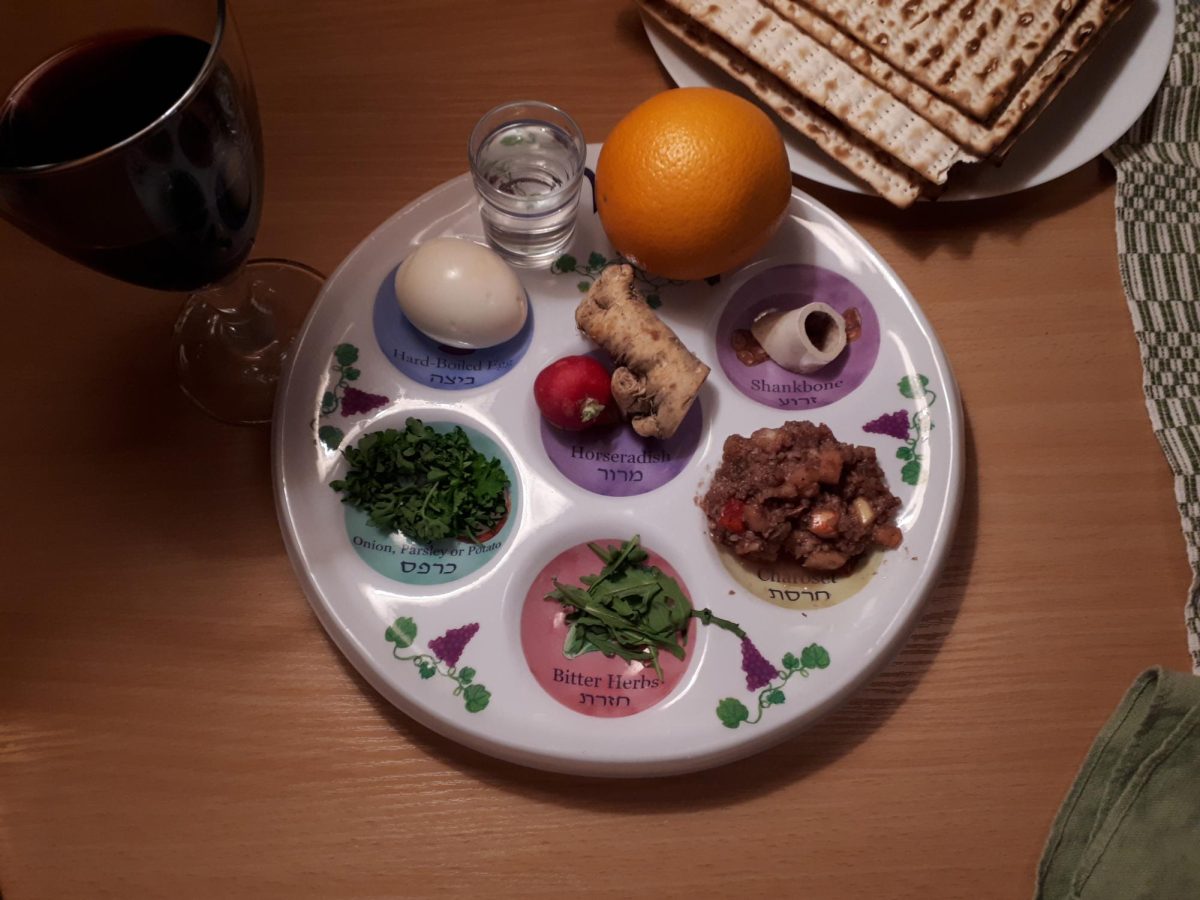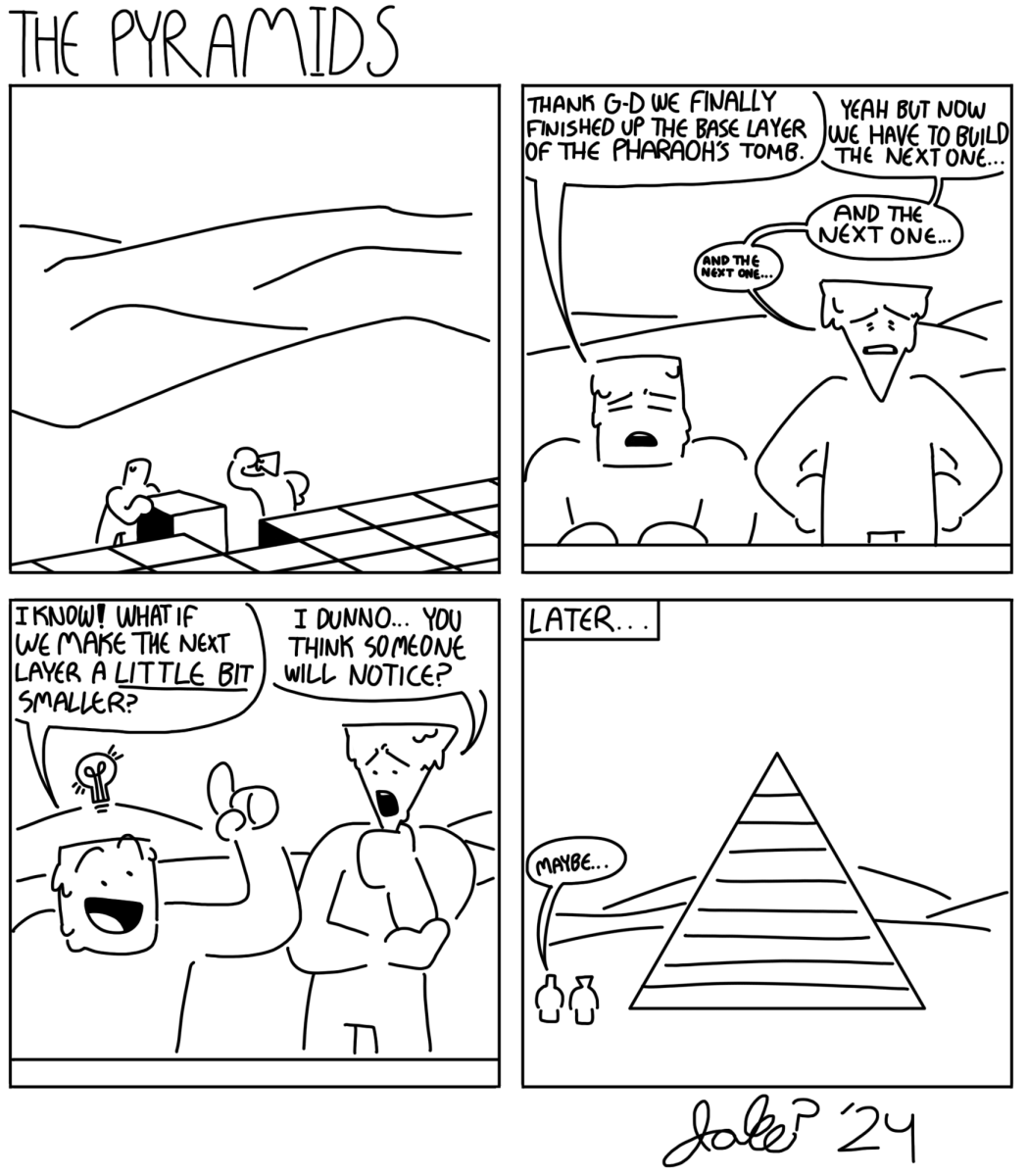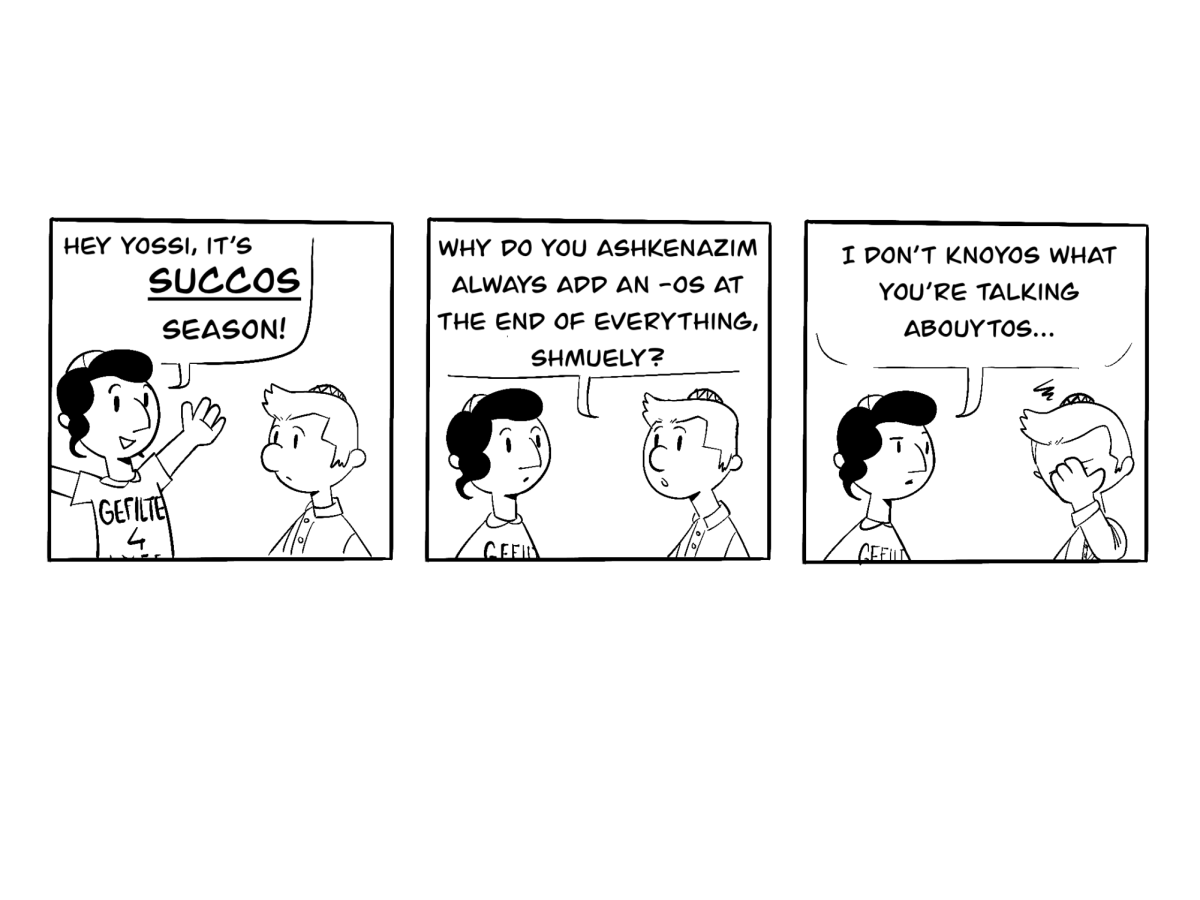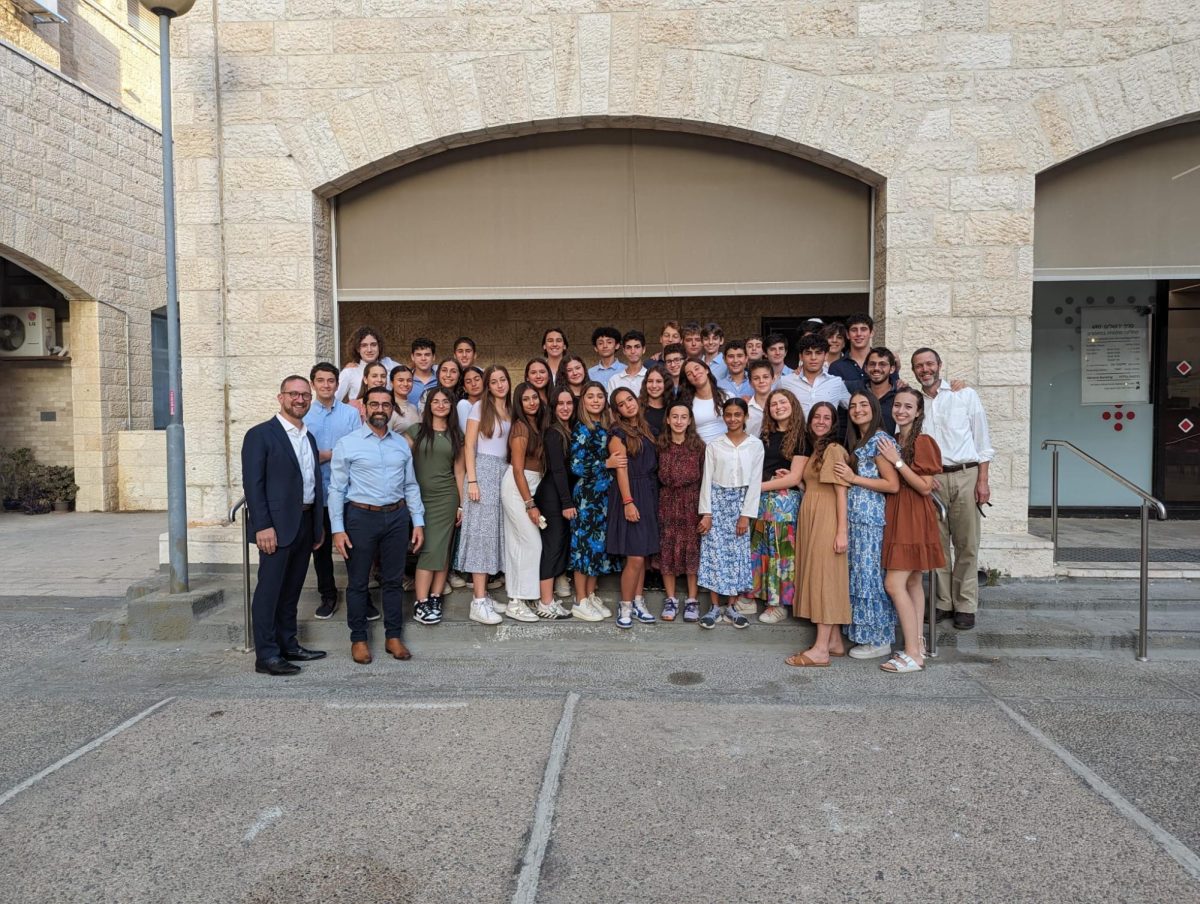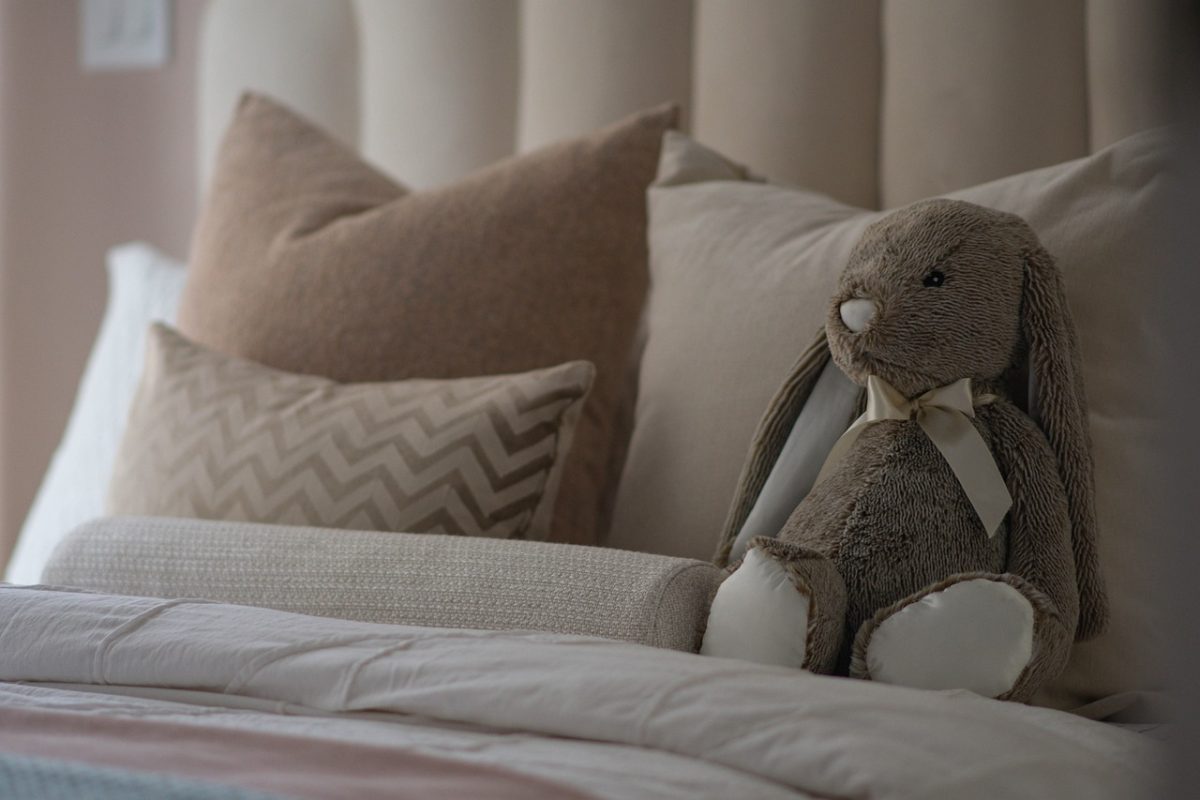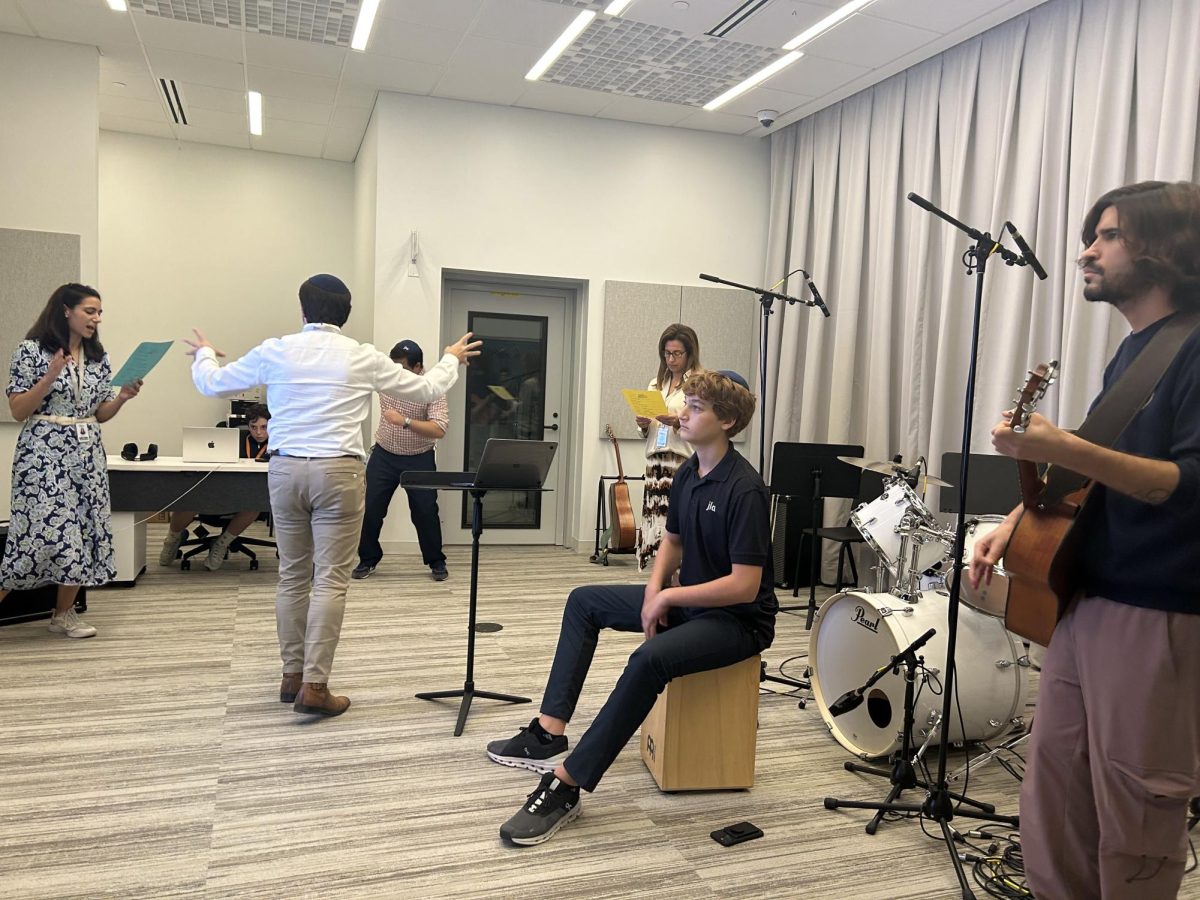Shabbat never meant very much to me until around March of this year. For the first fourteen years of my life I just thought of it as Saturday— the first day of the weekend. But that perspective changed when I went on a field trip to Israel with my old school, Scheck Hillel, and experienced what keeping Shabbat was like for the first time.
Ever since that trip, I realized how important Shabbat is to me and I began to keep Shabbat on my own even if my family doesn’t particularly want to. In Hillel I was unique for this, nobody else was in my situation, but in JLA there’s an extremely wide variety of people in terms of how religious they are. There are students who went to Jewish schools and kept Shabbat their entire lives. There are a surprising number of students like me who keep Shabbat on their own without their families. And there are some who have no religious background and don’t even know much about what Shabbat is all about. I interviewed a variety of students from the highschool about their relationships with Shabbat, how it affects the way they view their weekend and, in the case of those who started keeping Shabbat later in life, how their views of the weekend or really their entire week changed after they began keeping Shabbat.
Aviva, a ninth grader who’s kept Shabbat her whole life, describes her Shabbat as “a time to really connect and focus on what it really means to be an active part of your community and a citizen as a whole. It’s a time to part from the physicalities of life and focus more on the spiritual… and appreciate the technologies we have in the modern day.” The idea that Shabbat is not only a time to disconnect but also to appreciate what we’re disconnecting from and how you appreciate something much more when you don’t have it for a while is something that many people have a lot of trouble understanding. Jonah, a ninth grader who keeps Shabbat on his own and is known as one of the most religious students in the highschool, says that his journey to becoming more religious took steps, “I started wearing my kippah to school because I was proud of who I was and wasn’t afraid to show that I was Jewish… And then I started keeping Shabbos because I became friends with all the kids at my shul and one of them invited me to their house for Shabbos dinner and I really loved it and started … keeping Shabbos.” He also told me about how the first time he walked to shul on Shabbat it was -13 °F, which isn’t that uncommon in the brutal winters of Minnesota. Jonah’s story of how he started keeping Shabbat and becoming more religious showed sacrifice but also made his outlook on pretty much everything so much better.
An anonymous student who doesn’t keep Shabbat says that “I appreciate Shabbat… I understand why it’s there and it makes sense to have a break once a week but I’m not sure the way it defines a break is the same as my definition of a break.” This seems to be a common theme among those who don’t keep Shabbat, most of them say they agree with the idea of a break but don’t entirely like the extent Shabbat takes it to, but some expressed wanting to keep Shabbat at some point but just not knowing when to start. The part that people tend to have trouble with in particular is usage of technology, we all agree that it’s good to have a break from tech but if we’re being honest nobody actually does that regularly other than those who keep Shabbat. But in whichever way these students celebrate Shabbat, whether it’s by following all the restrictions or just by relaxing all day, everybody agrees the idea of a day of rest is great and always beneficial.
Something students value a lot is their weekend. A big part of Shabbat that people of my generation aren’t so sure about is that they’ll be losing half their weekend. Ari, a tenth grader whose entire family began keeping Shabbat when he was just four years old, says, “When I was a little kid, my weekend was very very different from what it is now. Everything I do all week long revolves around Shabbat, everything I do builds up to it.” Jonah expresses a similar view, “ Before I started keeping Shabbos the weekend was just a time when I didn’t have school, it was fun but it wasn’t special. Now it’s a time where there IS Shabbos, where there IS all this fun, interesting, amazing time with my family and friends. Before I was looking forward to something that wouldn’t happen and now I’m looking forward to something that will happen.” The idea that the entire week builds up to something instead of the absence of something seems to be a common theme among people in mine and Jonah’s situation. All the students I interviewed who don’t keep Shabbat described their weekend as restful and enjoyable but In a very different way than those who do keep Shabbat.
Another concern that many people have about keeping Shabbat is that it’ll affect their productivity. Julia, a ninth grader who began keeping Shabbat a year ago, expresses her opinion by saying, “during Shabbat I can’t write so I can’t annotate books or use electronics. I have extended time which means I go slower and have trouble focusing so sometimes work piles up and I get stressed that I can’t work on Shabbat but I think Shabbat is special and I just do it on Saturday night and Sunday.” Arlan, a ninth grader who began keeping Shabbat just a few months ago says that “Shabbat does hinder my productivity a bit since if I had a test or a project I used to have two free days to study or do it but now I only have one, but so far I’ve managed and it’s all been fine.” Although it can sometimes feel like it’s taking up a lot of your free time that could be spent working, most people who keep Shabbat seem to agree that it can be a bit annoying to only have one day to do your homework or study for tests but they usually manage to find the time to work. The students I interviewed who don’t keep Shabbat such as Manuel and Sasha, two ninth graders, both describe their weekends to be productive and fun. They see it as a time they can hang out with their friends and study when necessary. It sounds to me that both the students who keep Shabbat and don’t keep Shabbat manage to have productive time during their weekends and appreciate that free time in religious or social ways.
The conclusion seems to be that people always find their own ways to wind down whether it’s religiously mandated or just sitting at home watching TV for a while with your family. Even if Shabbat doesn’t entirely appeal to you, you can obviously agree that free time to do absolutely nothing in particular and just relax is always welcome.
